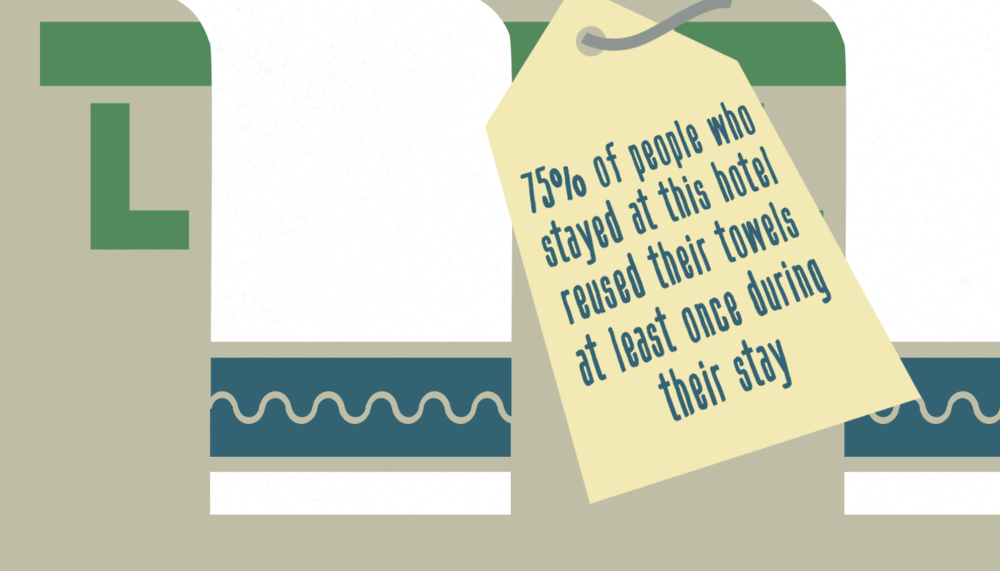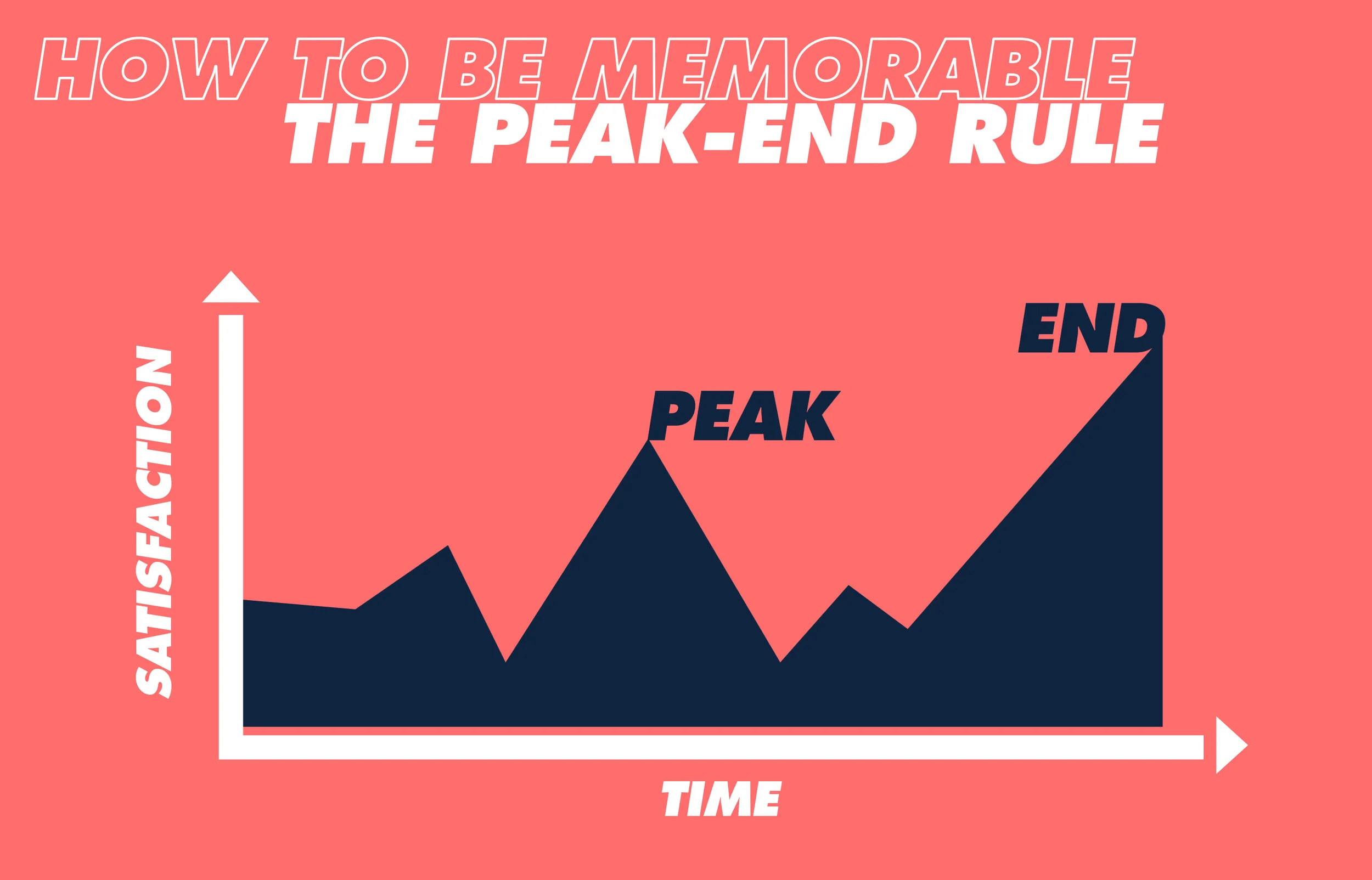What the heck are 'descriptive norms'?
When it comes to making decisions we are often blind to what is influencing us. Sometimes it can be as simple as our perceived behaviour of others.
In psychological terms, descriptive norms refer to typical patterns of behaviour with the general assumption that people will behave according to the pattern.
The are also sometimes referred to as 'social norms.'
One study conducted in the US experimented with the effects of descriptive norms by seeing if they could get more people to reuse their hotel towels.
To do so, they tested both a descriptive norms message and a straightforward environmental message.
The environmental message went along the lines of ‘Help save the environment, please reuse your towels’, while the descriptive norms message stated ‘75% of people who stayed at this hotel reused their towels at least once during their stay’.
Surprisingly, the descriptive norms message outperformed the environmental message in effectiveness. However, when people were casually asked which message they believed would change their behaviour, they prioritised the environmental one over the descriptive norms one.
Another good example found that when people were showed their neighbourhoods' average household electricity usage, it influenced them to use significantly less energy than consumers who were shown solely energy saving advice.
Again, people thought the descriptive norms message (average household electricity usage) was least likely to motivate them.
Just goes to prove how little we know about what actually influences our own behaviour.
To learn more about norms and much much more have a look at Rory Sutherland's Behavioural Economics class at www.42courses.com/behavioural-economics






